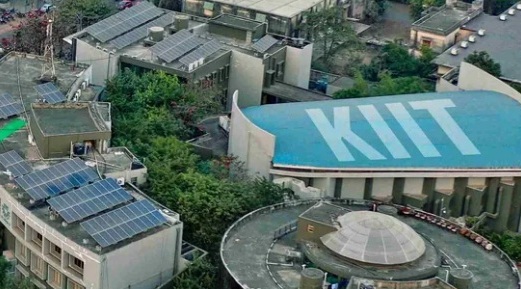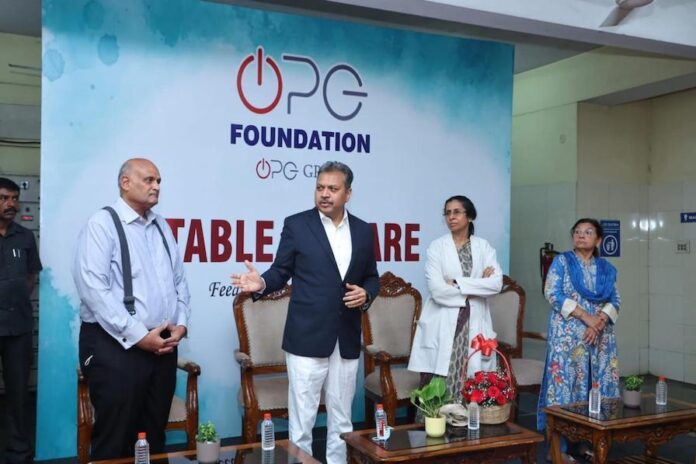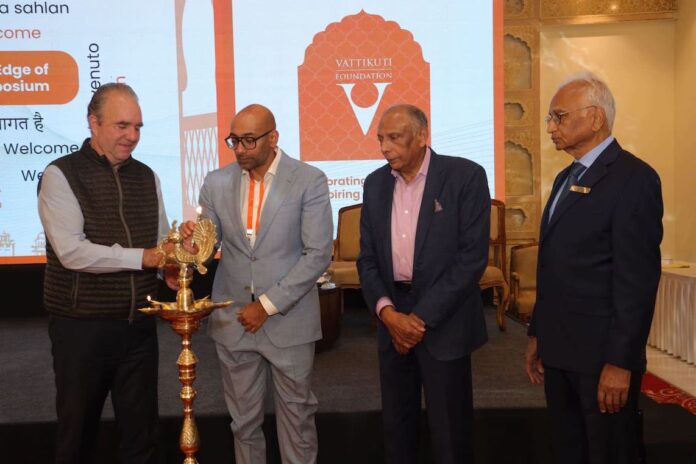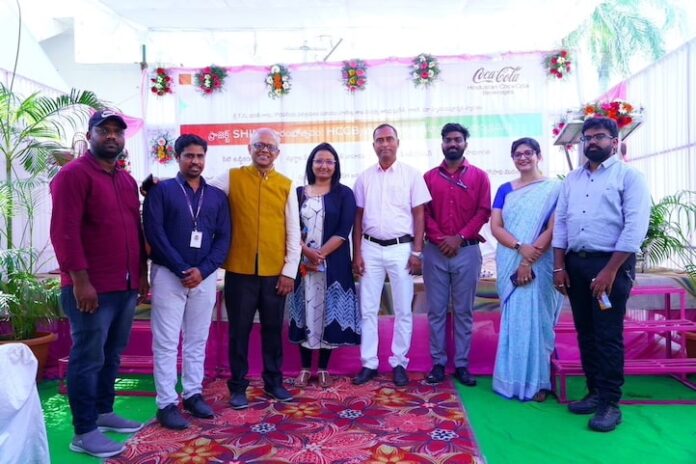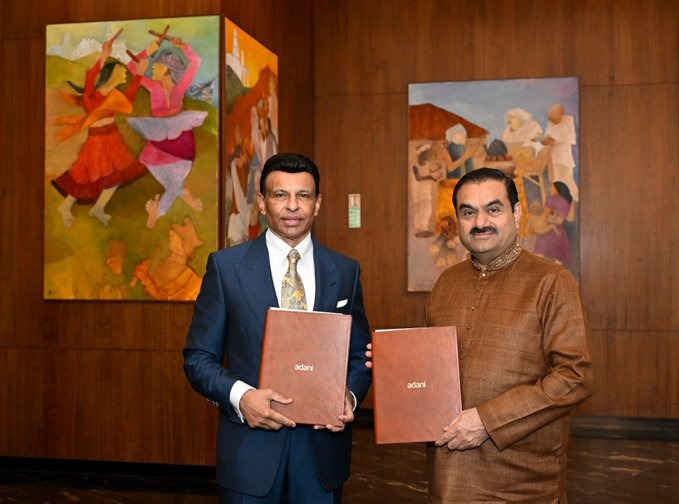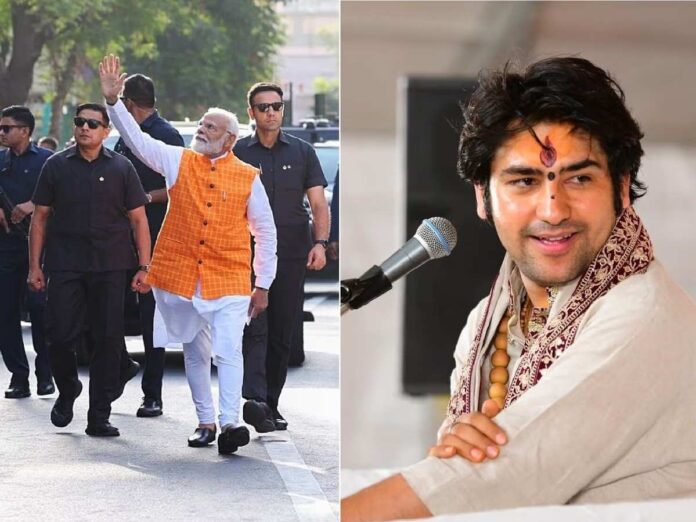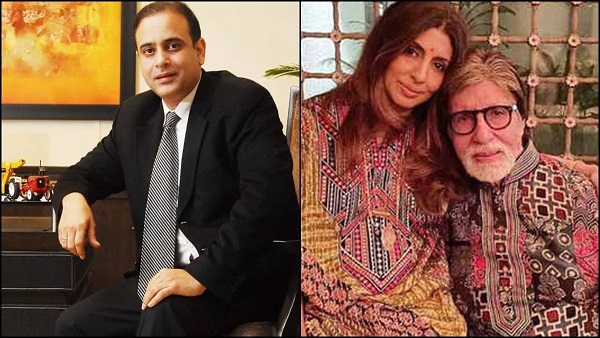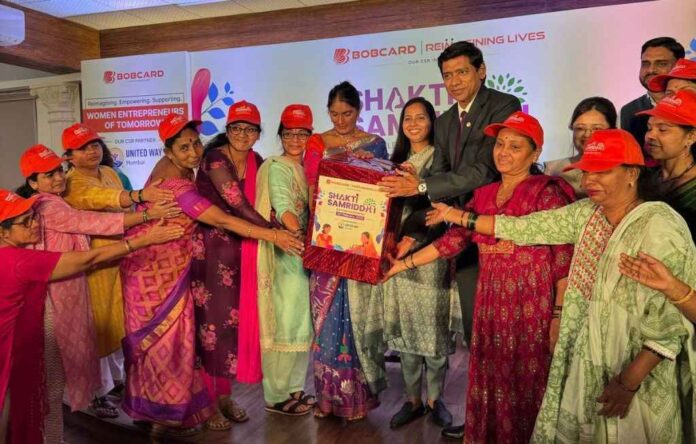More than 500 Nepali students were forced to leave Kalinga Institute of Industrial Technology (KIIT) in Bhubaneswar amid tensions following the alleged suicide of a female student on Monday. The deceased Prakriti Lamsal, a 20-year-old student hailed from Nepal. The third year B-Tech student was found hanging from the ceiling fan of her hostel room on Sunday evening, following which the university campus witnessed massive protests by students.
Nepali students were seen leaving the KIIT campus and rushing to the nearest Cuttack railway station, which is 30 km from the institute. Several students were left stranded at the railway station due to last minute rush and unavailability of train tickets to return home.
The university said it asked the students from Nepal to go back home, after which two buses full of Nepali students were dropped at the Cuttack Railway Station on Tuesday morning.
The police have appealed to the students to maintain peace after their protests sparked tension on the campus last night. Two platoons of police personnel have been deployed to maintain law and order at the campus.
